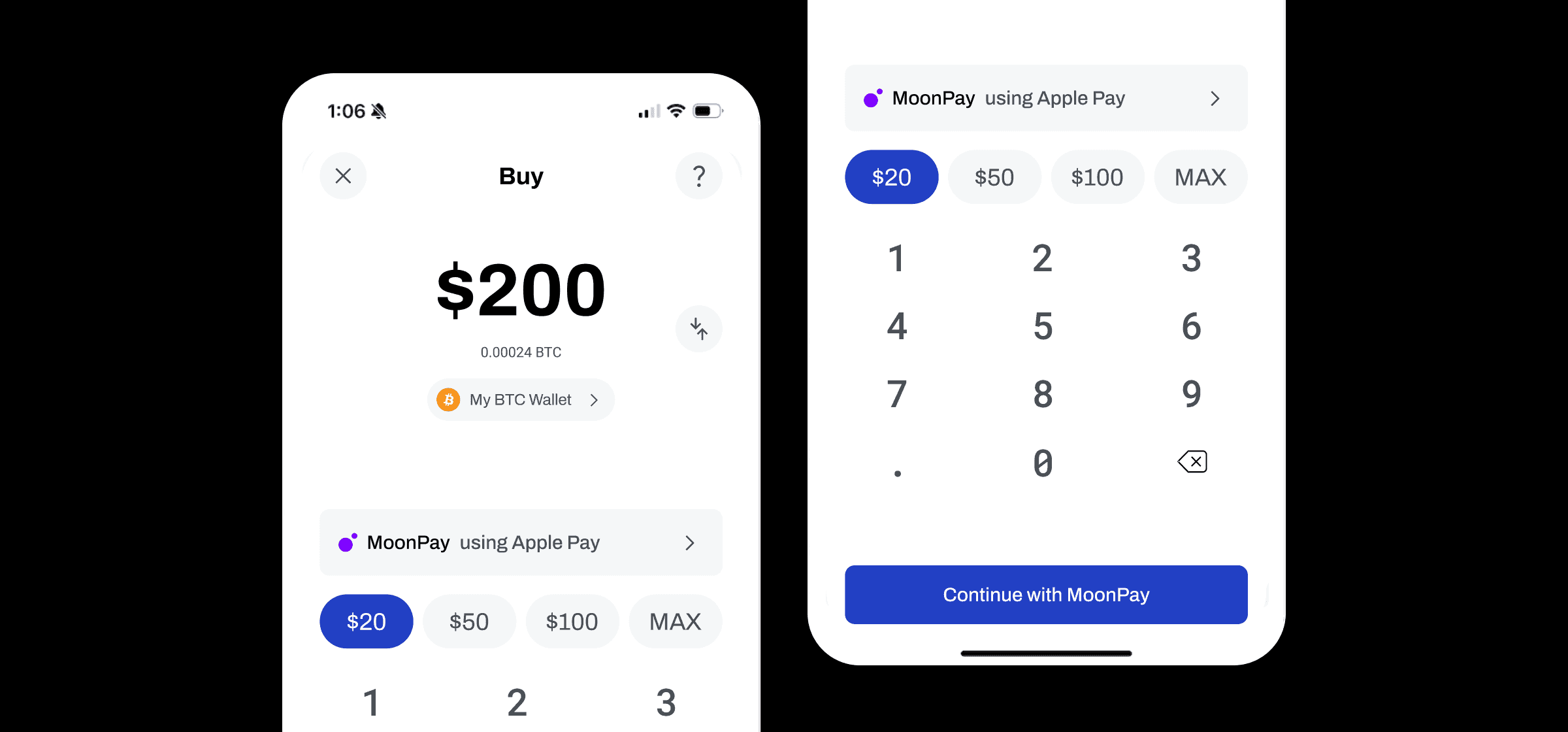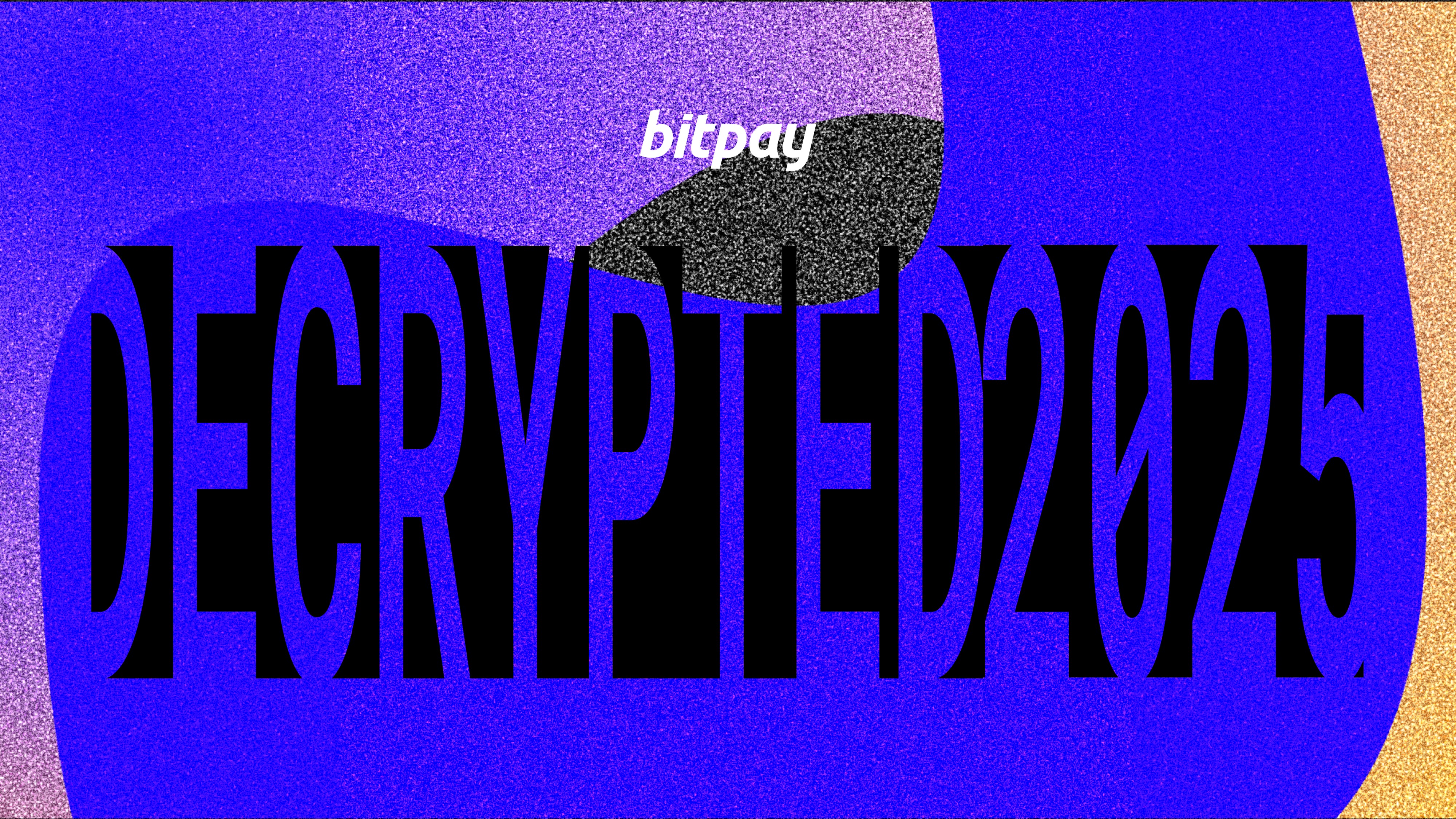March 8, 2023
Bitcoin vs Ethereum: What Are the Differences as a Technology, Investment and Payment Method?
The Important Bits
Bitcoin (BTC) and Ether (ETH) are two of the top cryptocurrencies with different technological approaches, functionalities, and use cases. Bitcoin uses Proof of Work (PoW) consensus mechanism, while Ethereum uses Proof of Stake (PoS). Bitcoin has proved a more popular cryptocurrency in the past few years, though both are commonly used for making payments and as investment vehicles. Ethereum has a more diverse set of use cases, with thousands of ETH-powered decentralized apps showcasing the network's scalability and resilience.
Ether (ETH), the native token of the Ethereum network, and Bitcoin (BTC) are two of the most well known cryptocurrencies in the world. They’ve both had significant roles in shaping the world of blockchain and impacting the way we think about money. While each cryptocurrency is widely used for spending and transactions, Bitcoin has seen explosive growth as a store of value, marking it similar to “digital gold”. Ethereum’s technological contributions by way of its smart contract capabilities have spurred an entire world of decentralized applications reshaping financial systems. Powering that network is Ether (ETH). Ahead we’ll dive into the technological differences between Bitcoin and Ethereum, use-cases and how each cryptocurrency has performed as an investment.
Bitcoin’s origins as the first cryptocurrency
Bitcoin was created in 2008 by an entity using the pseudonym “Satoshi Nakamoto.” Its origins can be traced back to a whitepaper entitled “Bitcoin: A Peer-to-Peer Electronic Cash System”. Bitcoin was proposed as a decentralized currency that could be sent between peers without the need for an intermediary like a bank. It was conceptualized as a secure, private and government-free currency. Since then, Bitcoin has become the number one cryptocurrency by market capitalization, with trillions of dollars worth of Bitcoin being mined, traded, bought and spent over the years.
Ethereum’s creation as the “world computer”
Ethereum was launched in 2015 as a blockchain and decentralized computer platform. Its creation is credited to Vitalik Buterin, who was involved in the development of Bitcoin previously. Inspired by the limitations he saw in Bitcoin, Buterin wanted to create a platform that would allow the development of decentralized apps (dapps) not limited to simple financial transactions. Ethereum soon became one of the most widely used blockchain platforms in the world, going on to power thousands of decentralized applications and digital assets, including stablecoins, NFTs and the DeFi ecosystem. Its native currency, Ether, is used to pay for transactions and power the network. Ethereum consistently sits in the #2 position behind Bitcoin in market capitalization.
Buy, store, swap and spend Bitcoin, Ethereum and dozens of cryptocurrencies with BitPay
Bitcoin vs Ethereum - Where they differ from a technological perspective
The Bitcoin blockchain and Ethereum network differ significantly in their technological approaches, resulting in varying functionalities, use cases and capabilities.
Miners vs Stakers
The most notable difference is the consensus mechanism each blockchain uses, or how it confirms and validates transactions. Bitcoin uses Proof of Work (PoW) consensus mechanism, while Ethereum uses Proof of Stake (PoS). Bitcoin leverages miners to solve complex mathematical problems therein confirming transactions and adding new blocks to the blockchain. Alternatively, Ethereum’s PoS relies on validators who must lock up or “stake” Ether in a smart contract on the blockchain as collateral to participate. Ethereum’s transition to PoS consensus was a relatively recent change made in 2022 (known as “The Merge”). Read more about the differences between PoW and PoS here.
Transactions vs smart contracts
Bitcoin and Ethereum use different scripting languages, with Bitcoin leveraging a more simple language limiting its functionality to basic transactions. Alternatively, Ethereum is capable of hosting smart contracts which can be created by users with any novel set of rules for how funds can be moved, in addition to influencing token creation and governance systems. Smart contracts are essential in the operation of decentralized apps where transactions can occur in a trustless, secure and transparent manner without the help of any third party.
Block size and scalability
The Bitcoin blockchain operates with a relatively small block size limit of 1 MB. This caps the number of transactions processed per second to around 7, which can lead to the network becoming congested at times, resulting in slow confirmation times and high transaction fees. Layer 2 solutions like the Lightning Network, are gaining popularity and aiding in transaction costs and speed, but Bitcoin’s scalability is still a common concern among the crypto community.
On the other hand, the Ethereum blockchain was built with more scalability in mind. It can handle between 15 and 30 transactions per second, allowing for faster transactions, albeit higher gas fees. Even still, layer 2 solutions for Ethereum are improving on this. The Polygon Network is one popular development that aims to utilize the security and functionality of Ethereum, while improving its scalability for faster and cheaper transactions. Additionally, Ethereum developers have plans for more ways to improve the network as it gains even more users in the future.
Which has more use cases?
Both Bitcoin and Ether can be held in wallets, swapped for different coins, sent/received between peers, loaded onto crypto debit cards and spent with merchants directly. Bitcoin can be thought of as a digital ledger book in which transactions are recorded. It has a relatively limited set of use-cases compared to Ethereum. Bitcoin is consistently the most valuable cryptocurrency, making it an excellent choice as a store of value. Ethereum on the other hand was designed with scalability and flexibility in mind. Think of it as an open-source platform on which you can interact with thousands of decentralized apps (dapps) that are powered by Ethereum. In terms of use-cases, this is where Ethereum pulls ahead of Bitcoin. Decentralized experiences like lending/borrowing, NFTs collections and video games can all be based on Ethereum and powered by Ether payments.
Which is the better investment?
Bitcoin and Ethereum are both popular investments among the crypto community, though there are some key differences which investors should know.
Both cryptocurrencies are a scarce resource and their prices are impacted by supply and demand. Each has seen volatile price swings in both directions. Ethereum’s price can also be impacted by the advances in technology and use cases, both positively and negatively. Bitcoin, on the other hand, operates in a more ossified environment, resulting in less risk and also less potential upside for the future.
Looking at historical performance, the ROI if bought and sold over the course of three years would be significantly different.
On September 1st, 2017, the price of Bitcoin was around $4,600, while the price of Ethereum was around $385. As of September 1st, 2021, the price of Bitcoin was around $47,000, and the price of Ethereum was around $3,400.
If someone had bought $1,000 worth of Bitcoin on September 1st, 2017, it would have been worth around $10,217 on September 1st, 2021, resulting in a ROI of approximately 921%. On the other hand, if someone had bought $1,000 worth of Ethereum on September 1st, 2017, it would have been worth around $8,831 on September 1st, 2021, resulting in a ROI of approximately 783%.
Overall, Bitcoin would have been the more profitable investment during this period. However, it is important to note that historical performance does not indicate future ROI. All cryptocurrencies can be highly volatile and prone to unpredictable market swings.
Which is better for payments?
Bitcoin and Ether are both used extensively for making payments, though Bitcoin is the more popular choice. As shown by BitPay’s payment usage stats, Bitcoin consistently makes up over 40% of all BitPay merchant transactions, whereas Ethereum is the 3rd most popular cryptocurrency used for transactions, making up around 11% of transaction share.
Etheruem’s quicker confirmation times make it an excellent choice for making crypto payments. Thousands of ERC-20 tokens like Dogecoin (DOGE), Shiba Inu Coin (SHIB), and Polygon (MATIC) give crypto consumers endless choices in deciding which Ethereum-based token they’d like to spend. Plus, stablecoins that run on the Ethereum network bring much welcomed price stability to the blockchain world.
Bitcoin fees are usually lower and transaction times slower, but its high market value and ubiquity help make up for these shortcomings. Additionally, layer 2 solutions like the Lightning Network are alieving transaction costs and cutting down confirmation times.
FAQs about the difference between Bitcoin and Etheruem
Should I buy in Bitcoin or Ethereum?
Choosing whether to buy Bitcoin or Ethereum will depend on your intended end use. As an investment, Bitcoin has been the more popular choice. For a variety of use cases like interacting with dapps, buying NFTs or sending stable remittances, Ethereum and ERC-20 tokens would be the better buy.
However, both cryptocurrencies can be unpredictable and prone to big market swings in both directions. You should always consult a financial advisor and do your own research before making significant investment decisions.
Can Ethereum overtake Bitcoin?
While Ethereum continues to grow its ecosystem of use cases, tokens and users, Bitcoin has remained steady as the number one cryptocurrency in terms of value.
More comparisons of popular cryptocurrencies:
Note: All information herein is for educational purposes only, and shouldn't be interpreted as legal, tax, financial, investment or other advice. BitPay does not guarantee the accuracy, completeness, or usefulness of any information in this publication and we neither endorse, nor are we responsible for, the accuracy or reliability of any information submitted or published by third parties. Nothing contained herein shall constitute a solicitation, recommendation, endorsement or offer to invest, buy, or sell any coins, tokens or other crypto assets. BitPay is not liable for any errors, omissions or inaccuracies. For legal, tax, investment or financial guidance, a professional should be consulted.




